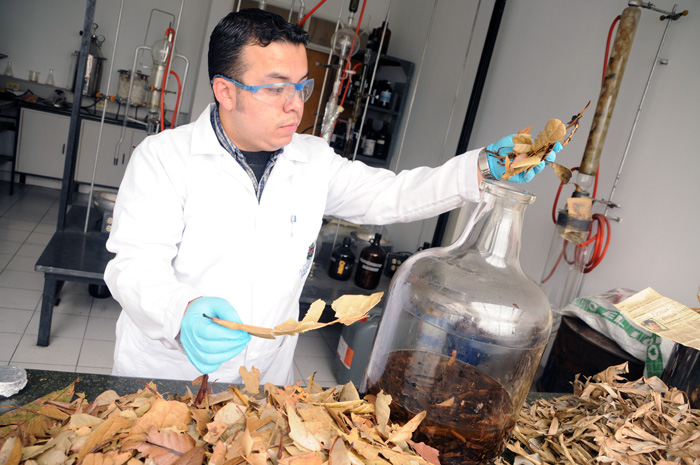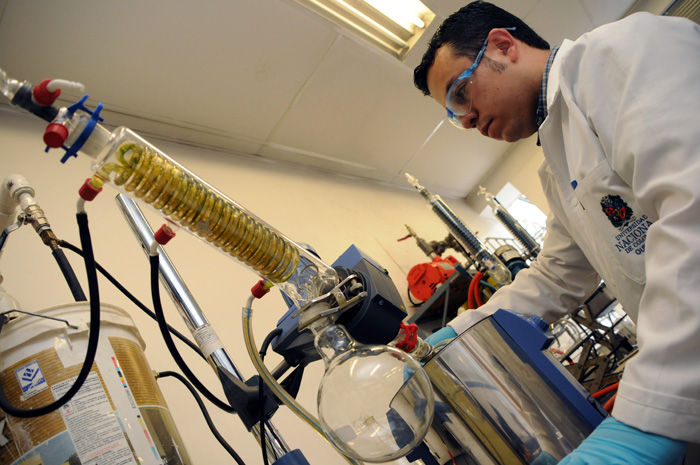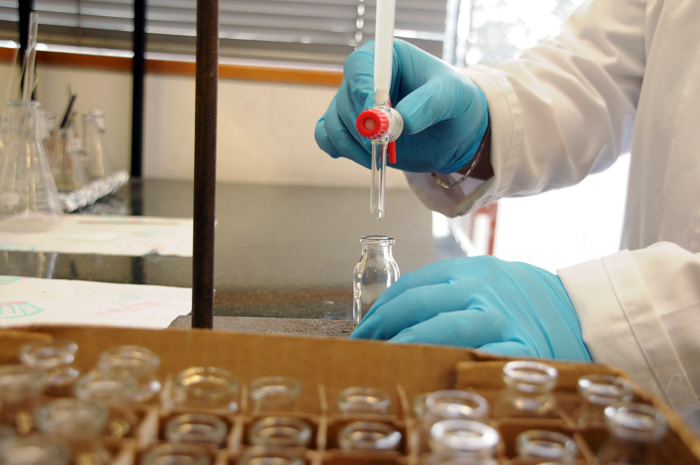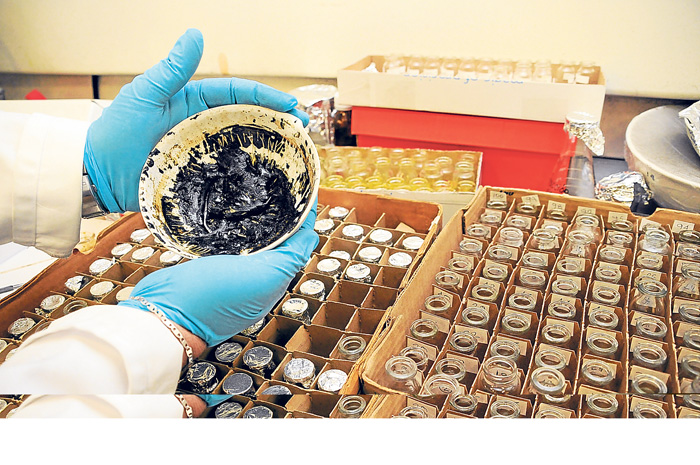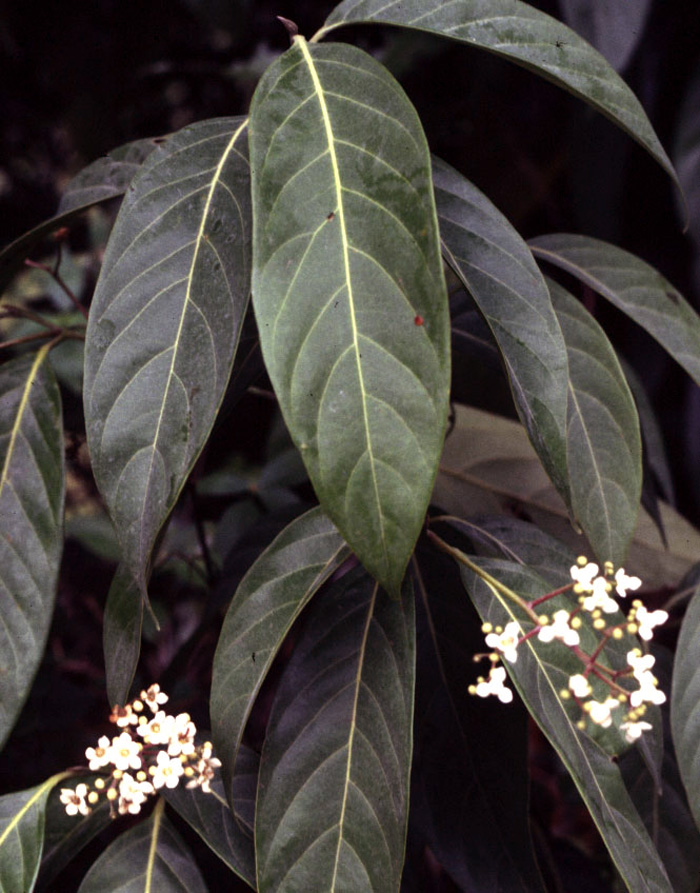The extracts of these plants, tested in human blood, in some cases are 60% safer than drugs such as aspirin.
The Research Group in Natural-Vegetable Products (GIPNV) from Universidad Nacional de Colombia proved that in Magdalena, Caqueta and Antioquia many species are used to treat diseases related to inflammatory disorders or cardiovascular problems such as asthma, arthritis, rheumatic complications, mastitis and atherosclerosis.
When the group heard about these uses in traditional medicine, they started the study of three species: jigua (Pleurothyrium cinereum), aguacatillo (Ocotea macrophylla) and yellow laurel (Nectandra amazonum), in order to determine their content of anti-inflammatory substances and cardiovascular benefits.
In Colombia, there are close to 150 species of lauraceae (family from which these plants come from), and more than 60% have not been studied that much, like the mentioned species. From these ones, 52 pure substances were obtained, 13 new for science, which means that they can have different pharmacological uses.
Eight from the 52 extracts proved a safe and effective effect (in other words, they are not toxic), between 15% and 25% more superior than commonly used drugs for inflammation such as ibuprofen.
An anti-inflammatory compound is the one that prevents swelling in any part of the organism and acts in one or several ways; for instance, avoiding the action of an enzyme called cyclooxygenase, which produces pro-inflammatory compounds. In in-vitro tests and using human blood, the new substances, for instance one called 9-nor-isolicarina-b, stopped the effect of the enzyme.
"It is well known that in order to treat cardiovascular problems, closely related to hearth dysfunction and the circulatory system, it is necessary to stop the accumulation of platelets that can obstruct arteries in determined situations, and this is done through analgesics such as aspirin," asserted Ericsson Coy, a doctor in chemistry and main author of this investigation.
The compounds found in lauraceae showed effectiveness similar to that of the drugs, but 60% safer, since they did not cause ulcers or other secondary effects in the digestive system. This was proved in trials made in the lab, in which these substances did not change cyclooxygenase, a very important part at gastric and intestinal level.
Some of the most frequent cardiovascular diseases are arthrosclerosis and thrombosis, which are currently treated by inhibition of platelets aggregation.
This study, cover of the English magazine Organic and Bimolecular Chemistry in May 2010, opens new possibilities to incorporate in the pharmaceutical industry new substances, which are not only effective to treat diseases, but are also safer than those commonly used.
 Correo Electrónico
Correo Electrónico
 DNINFOA - SIA
DNINFOA - SIA
 Bibliotecas
Bibliotecas
 Convocatorias
Convocatorias
 Identidad UNAL
Identidad UNAL



